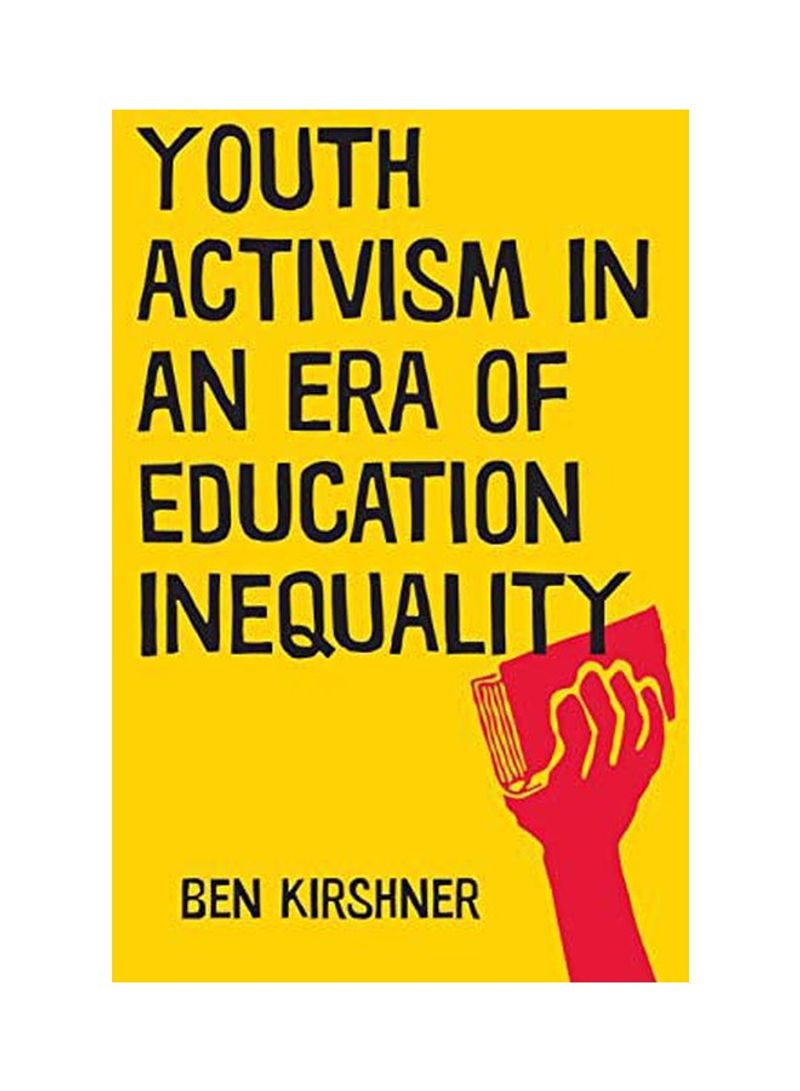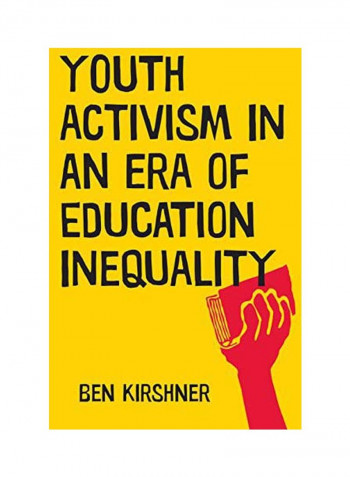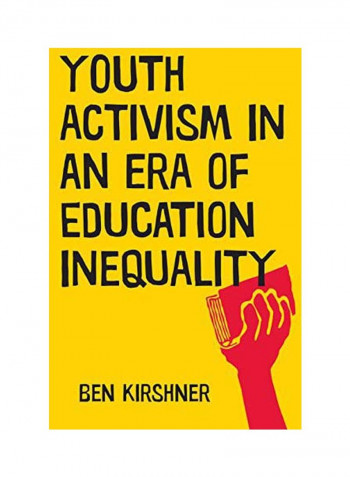Youth Activism In An Era Of Education Inequality Hardcover
Recommend
Sort by
Rating
Date
Specifications
Author 1
Ben Kirshner
Book Description
This is what democracy looks like: Youth organizers in Colorado negotiate new school discipline policies to end the school to jail track. Latino and African American students march to district headquarters to protest high school closure. Young immigration rights activists persuade state legislators to pass a bill to make in-state tuition available to undocumented state residents. Students in an ESL class collect survey data revealing the prevalence of racism and xenophobia. These examples, based on ten years of research by youth development scholar Ben Kirshner, show young people building political power during an era of racial inequality, diminished educational opportunity, and an atrophied public square. The book's case studies analyze what these experiences mean for young people and why they are good for democracy. What is youth activism and how does it contribute to youth development? How might collective movements of young people expand educational opportunity and participatory democracy? The interdependent relationship between youths' political engagement, their personal development, and democratic renewal is the central focus of this book. Kirshner argues that youth and societal institutions are strengthened when young people, particularly those most disadvantaged by educational inequity, turn their critical gaze to education systems and participate in efforts to improve them.
ISBN-13
9781479861316
Language
English
Publisher
New York University Press
Publication Date
05 Jun 2015
Number of Pages
240
About the Author
Ben Kirshner is Associate Professor of Education at the University of Colorado Boulder. He is also Faculty Director of CU Engage: Center for Civic Learning and Public Research, whose mission is to work collaboratively with students, staff, faculty, and community groups to address complex public challenges.
Editorial Review
Persuades us that schools would improve and societies benefit if we heard the voices of youth, who are typically left out of public conversations. Listen closely as they explain why they are organizing for equal education.- -- Connie Flanagan,University of Wisconsin-Madison "[M]any of the ideas are worth reiterating to a new generation of teachers and researchers. Educating youth to be active participants in social change and proactively engaging them in exploring and defining their own values are inherently valuable regardless of the era or the political climate." * PsycCRITIQUES * "[A]ll facets of youth activism are meticulously studied, analyzed, and interpreted using qualitative psychology research, with its case studies intertwined throughout...[I]ts solid research base seems essential for those seeking current analyses and data regarding student activism before beginning similar programs." * VOYA



